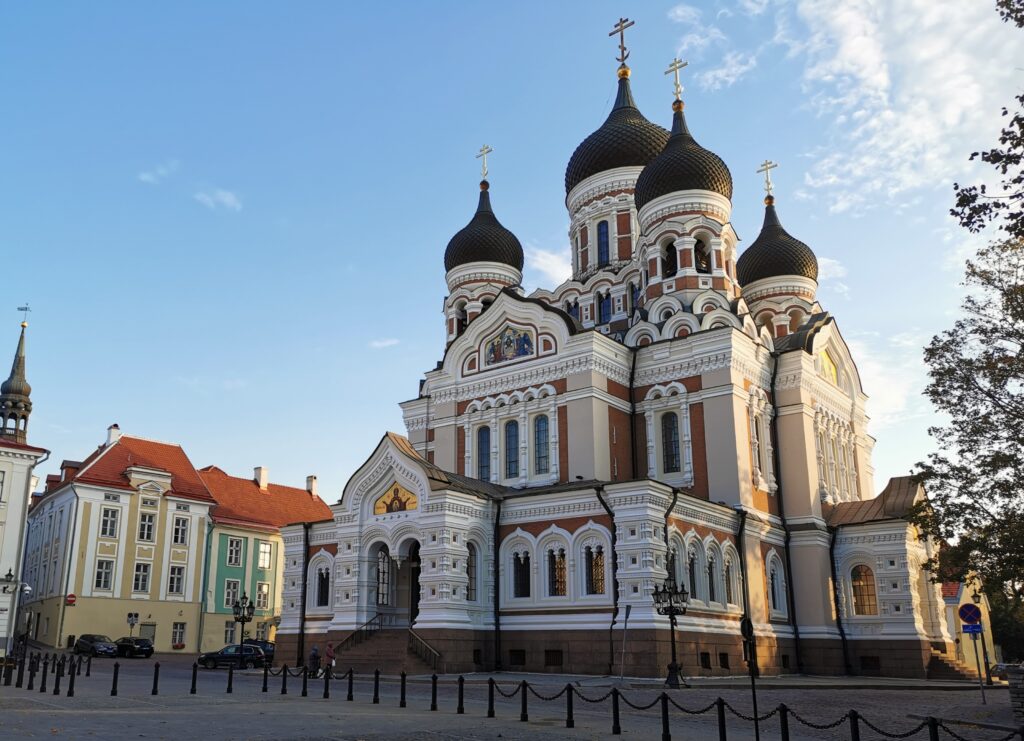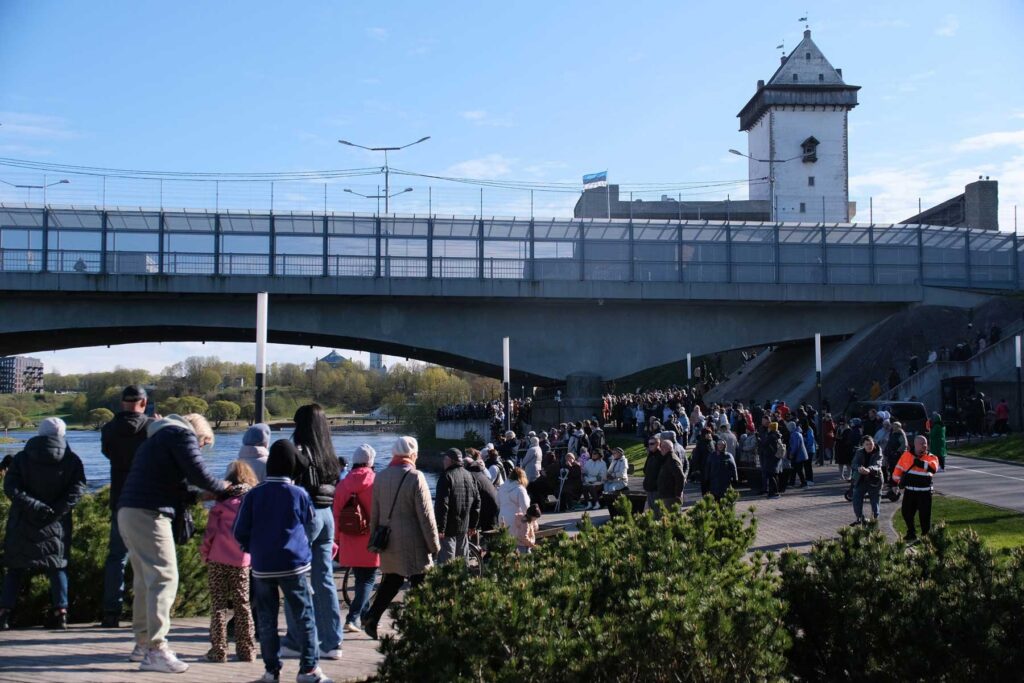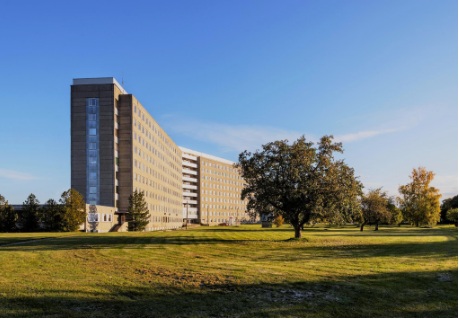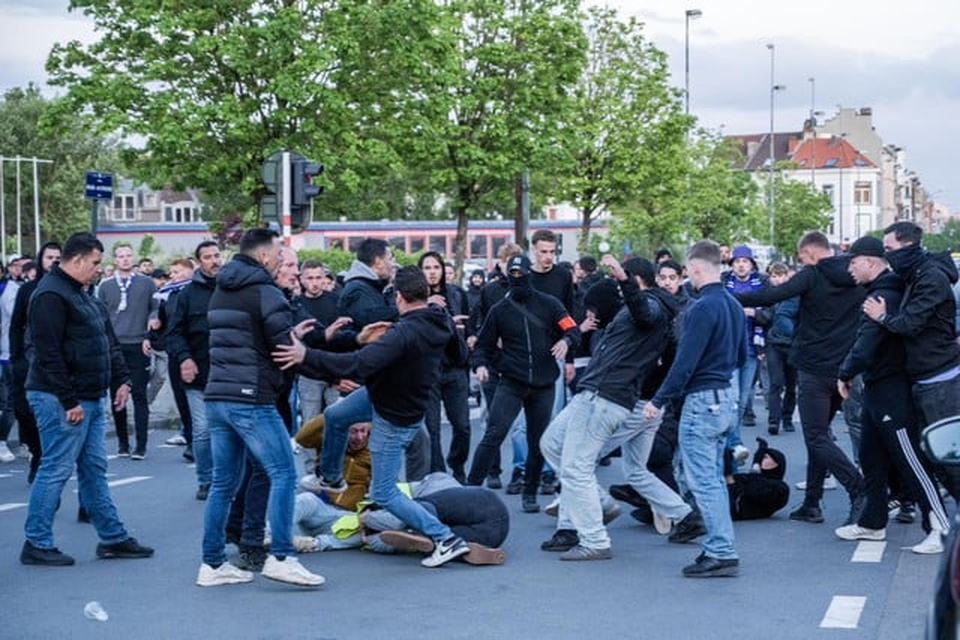The legal commission supports the amendment of the law on churches and parishes

Today, the legal commission of the Riigikogu proposed that the plenary meeting not proclaimed by the president on churches and parishes re -unchanged. The constitutional commission also made such a decision last week, the press service of Riigikogu reports.
The chairman of the legal commission, Madis Timpson, said that members of the commission came to a unanimous opinion that the necessary changes should be made to the law, taking into account the president’s position and bring the document in accordance with the Constitution. “At the meeting, we were convinced that the necessary changes can be made to the law without changing its meaning and purpose – to avoid the use of religious organizations to incite hatred and violence,” Timpson noted.
The commission suggested that Riigikogu make a discussion of the bill on the agenda of the plenary meeting on May 14. The agenda will be approved today at the beginning of the plenary meeting.
The meeting was attended by the deputy head of the internal department of the Chancellery of the President of the Republic, Mall Gramberg and an adviser to the Ministry of the Interior.
Riigikogu adopted the law initiated by the Government on amendments to the Law on Churches and Parks (570 UA) on April 9. The law, among other things, is designed to stop the possibilities of using religious organizations acting in Estonia in order to incite hostility or violence. According to the explanatory note, Estonia protects the freedom of religion and everyone has the right to choose whether he wants to follow any religious beliefs and if so, what; But, in addition to the manifestation of respect for the freedom of religion, beliefs and associations, the state should also be considered aspects that threaten the security of the state or society.
According to the law, the Church, the monastery or parish in Estonia cannot proceed in their activities from a person who is in a foreign state and that has a significant influence or unification, as well as be related to a religious association, a religious center, a leading body or spiritual leader, by an economically or by the charter, agreement or other documents, if the above persons or associations represent the threat security, public or constitutional order of the Estonian state. Such a danger, among other things, can arise in cases where the religious center, the governing body, spiritual leader, person or unification supported or supported military aggression or called for war, acts of terrorism or other anti -corner use of weapons or violence.
The law also clarifies who can serve in Estonia as a spiritual person or become part of the reign of a religious association. A spiritual person or member of the reign of a religious association cannot be a person who does not have the right to live or stay in Estonia. In addition, the requirements for the charter of the religious association are clarified and the possibility is created for separation from the church, the activity, charter or composition of the reign of which does not meet the established requirements. For this, the parish or monastery must accept the new charter, after which the changes that are relevant to the requirements can be made to the register without approval by the leading body of the church, if the receipt of such approval is not realistic.
The president did not proclaim the law on April 24, considering that the restriction of the freedom of religion and freedom of associations created by him is not proportional. He considered it necessary to again consider the law in the riigikoga and bring it into line with the constitution.
A repeated consideration of the unlucky law at the plenary meeting will be held after it is entered on the agenda. At a plenary meeting with reports, representatives of the Constitutional Commission and the Legal Commission will perform. Members of Riigikogo will be able to ask them on one issue verbally. This will be followed by a debate where members of the Riigikogu, representatives of commissions and factions can speak. At the end of the debate, a vote on the adoption of the law will be unchanged.
The Post The legal commission supports the amendment of the law on churches and parishes FIRST Appeared on gazeta.ee.








